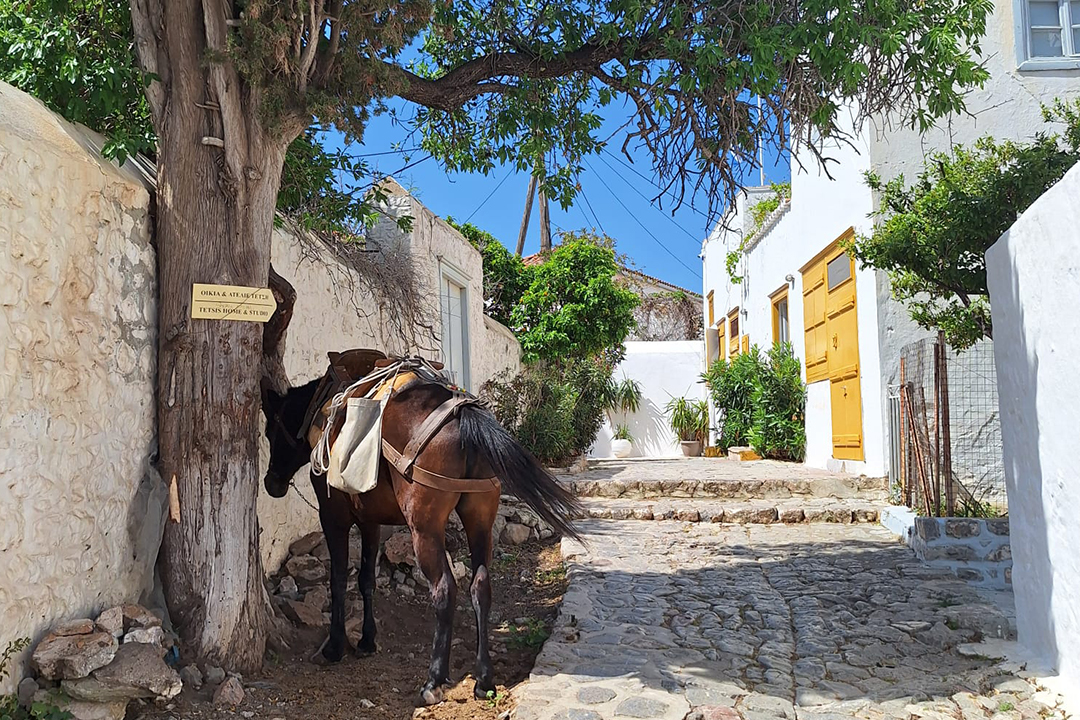SDSN Report Calls for EU, World to Align Financial Flows to SDGs at FfD4

The Sustainable Development Solutions Network (SDSN) issued the 2025 edition of its Europe Sustainable Development Report (ESDR). The report highlights the Fourth Conference on Financing for Development (FfD4) as a critical opportunity for the EU to reaffirm its commitment to the SDGs and advance its leadership of the reform of the global financial architecture.
Themed, ‘SDG Priorities for the New EU Leadership,’ the ESDR 2025 reveals “waning SDG advancement and persistent social, environmental, and biodiversity challenges” across the 27 EU member States, nine EU candidate countries, four European Free Trade Agreement (EFTA) countries, and the UK. It estimates the pace of SDG progress in the EU over the 2020-2023 period to be more than two times slower than the 2016-2019 period, with persisting inequalities within and across European countries.
The report notes that while globally, 19 of the 20 countries topping the SDG Index are European countries, even some of the most advanced regions, including Western Europe and Northern Europe, have demonstrated slight declines in SDG performance since 2020.
The report ranks Finland first for the fifth year in a row, followed by Denmark, Sweden, Austria, and Norway. However, according to an SDSN press release, “these countries still face major challenges in achieving at least two of the global goals.” In addition, the ESDR’s Leave No One Behind (LNOB) Index shows significantly uneven progress across EU countries. The Index, which measures inequalities within countries in opportunities, well-being, and access to quality services, includes a new indicator on the disability employment gap. The LNOB Index ranks the Baltic states and Central and Eastern European countries at the bottom.
A study accompanying this year’s ESDR offers insights into the transformation of the EU’s agri-food system. Noting that SDG 2 (zero hunger) progress in the EU is especially off track, the study shows that demand-side measures, especially dietary shifts, must be prioritized to achieve sustainable agri-food systems and improved health outcomes. Conducted by the SDSN and European Economic and Social Committee (EESC), the study builds on new survey data and uses the methodology developed by the Food, Agriculture, Biodiversity, Land-Use, and Energy (FABLE) Consortium, to take stock of SDG 2.
The ESDR 2025 report recommends that the EU new leadership pursue four overarching priorities:
- Collectively scale up investments in clean energy and digital technologies now and lay the foundations for an ambitious investment strategy “well into the next decade” by adopting an ambitious Clean Industrial Deal and Multiannual Financial Framework 2028-2035;
- Strengthen pro-social measures to address the social consequences of inflation as well as the direct and indirect consequences of rising geopolitical tensions;
- Address the negative health and environmental impacts of unsustainable consumption, including through a just transition towards healthier and more sustainable diets; and
- Harness SDG/Green Deal Diplomacy with all regions, uphold the UN Charter, and support an ambitious reform of the UN system and the global financial architecture.
In addition, the report calls on the European Commission, the European Council, and the European Parliament to issue a joint political statement in 2025 reaffirming the EU’s commitment to achieving the SDGs. It also recommends that the European Commission conduct a second voluntary review of the EU’s SDG performance ahead of the next 2027 SDG Summit.
Now in its sixth edition, the ESDR report was launched on 29 January 2025. Prepared by the SDSN and published with the support of the Heinrich-Böll-Stiftung, the report was co-designed and co-created with civil society in Europe. [Publication: Europe Sustainable Development Report 2025: SDG Priorities for the New EU Leadership] [Publication Landing Page] [SDSN Press Release] [Publication: Sustainable Food Systems as a Driver for the Implementation of the SDGs] [Publication Landing Page]
Related
A New Book Argues That What Happens in Europe Doesn’t…
Remaking the World: European Distinctiveness and the Transformation of Politics, Culture, and the Economy by Jerrold Seigel “No issue in world
Poland plans military training for every adult male amid growing…
Poland’s prime minister, Donald Tusk, has said his government is working on a plan to prepare large-scale military training for every adult male in response t
2025 European Athletics Indoor Championships: Ditaji Kambundji secures women’s 60m…
Switzerland’s Ditaji Kambundji walked away from the 2025 European Athletics Indoor Championships in Apeldoorn on 7 March with much more than her first Europea
Takeaways from the EU’s landmark security summit after Trump said…
BRUSSELS (AP) — European Union leaders are trumpeting their endorsement of a plan to free up hundreds of billions of








